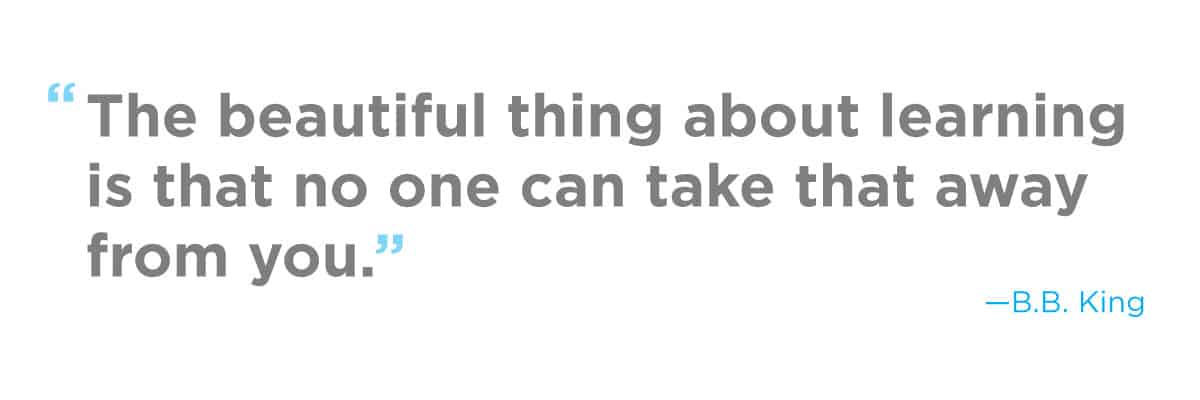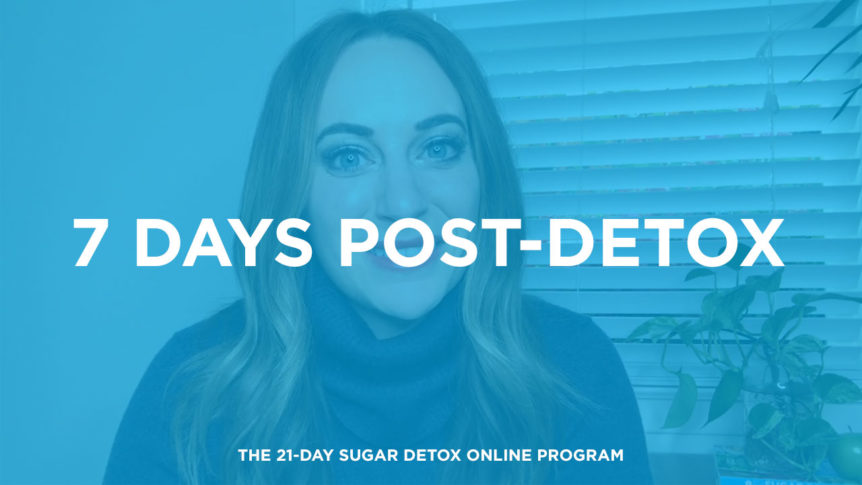Today's Lesson:
The long game: Finding what works for you in the long term
In this case, “long-term” means beyond this post-detox week, and beyond the next month. I don’t expect you to jump on and off the 21DSD for years and years. I want you to find what works for you for the next year and the years to follow—a sustainable long-term diet and lifestyle that work specifically for you.
This can seem daunting, but the answer truly lies in living out the coming weeks, months, and even years. Most who have come to a “real food” way of eating—eschewing refined grains, sugars, and seed oils in favor of more colorful, fresher, and more vibrant and nutritious foods—didn’t land on their perfect diet in three weeks or even three months. The 21DSD can help kick-start this process and make it easier to get to a place where sugar doesn’t run your life, but you need to live through more time after this program to see how it will all play out for you. You need to experience the ups and downs of eating foods that work well for you, physically and emotionally, and some that don’t, in order to make informed decisions on how you want to eat as your life goes on. By being mindful of how your choices feel for your body and for your mindset, you will figure out which foods are worth it for you to indulge in and which aren’t.
Here’s an example: my husband loves craft beer. The problem: craft beer doesn’t love him back. He’s gluten intolerant, and gluten is in all beer (unless they are specifically made to be gluten-free). If he drinks beer (or eats any gluten), he gets an itchy rash on his elbows. He instantly knows when he’s eaten something with gluten, and it causes enough discomfort for him that it’s not worth it. But he doesn’t want to live a life without the pleasure he derives from a fermented, alcoholic, beer-type beverage on occasion. So, how does he enjoy a drink now and then? He’s found something that works better for him than beer: hard cider. Finding new craft ciders to try has even become a bit of a hobby for him. This is how he’s translated a dietary lesson into a lifestyle choice that works for him for the long term.
Another example: I love sweets. The problem: well, you know by now that sweets don’t truly love anyone back. At least, not the kind I used to eat. And in the amounts I used to eat. And with the frequency with which I used to eat them. Once upon a time I frequently indulged in extremely sweet candy. I’m talking the really sugary kind. If it was gummy and sour, I was in! But over time, by cutting sugar out, then reintroducing it, then cutting it out again, I was able to both know and feel the impact that those junky sugars have on my body.
So, how do I live my life day to day, knowing that I love those candies but also knowing that they aren’t welcome in my diet? I replace them with their natural counterparts: fresh berries, dried mango (an excellent gummy-candy replacement—sweet and sour and chewy all at once!), and even, maybe once a year, a very small portion of organic sour candy. I enjoy dark chocolate several times a week, and maybe once a month I bake a gluten-free treat.
These are just a couple of examples, and you can read lots more at 21DSD.com/stories.
Personal experience is key. A book can tell you why sugar, refined foods, and gluten aren’t going to work well for you. A friend can tell you that eating this way or that way worked wonders for them. Your doctor can tell you that you need to stop eating sugar or drinking alcohol. But to build a lifestyle that works for you, you must experience how you feel without certain foods in your diet, then bring them back and pay close attention to how you feel (as you’ve started doing in this post-detox week), then remove them again.
I want you to be able to enjoy less-than-healthy foods you love now and then, without shame or guilt. And if you’re not there yet—if indulging once a week or once a month makes you feel out of control—that’s okay. Wait until you feel that you can eat those foods, go right back to your healthy habits afterward, and don’t feel shame about the decision you made to have a treat and get on with your life.

Share your experience!
Tag @21daysugardetox and use the hashtag #21DSD on Instagram, and share your whole 21DSD experience!
For even more support, visit the Online Facebook Community!


Comments 2
I completed the 21 days and feel great. I am concerned about full fat yougurt. Can I switch to low fat?
Author
Hi Susan,
We always recommend full-fat dairy over low-fat dairy as low-fat dairy is high in sugar, without the satiation that comes along with fat. However, after your 21DSD is up, do what feels best for you! -Moriah, Team 21DSD